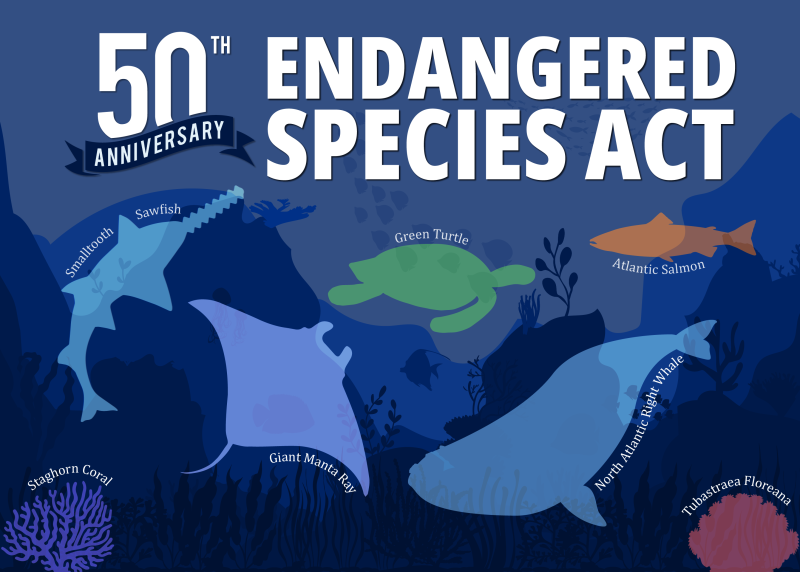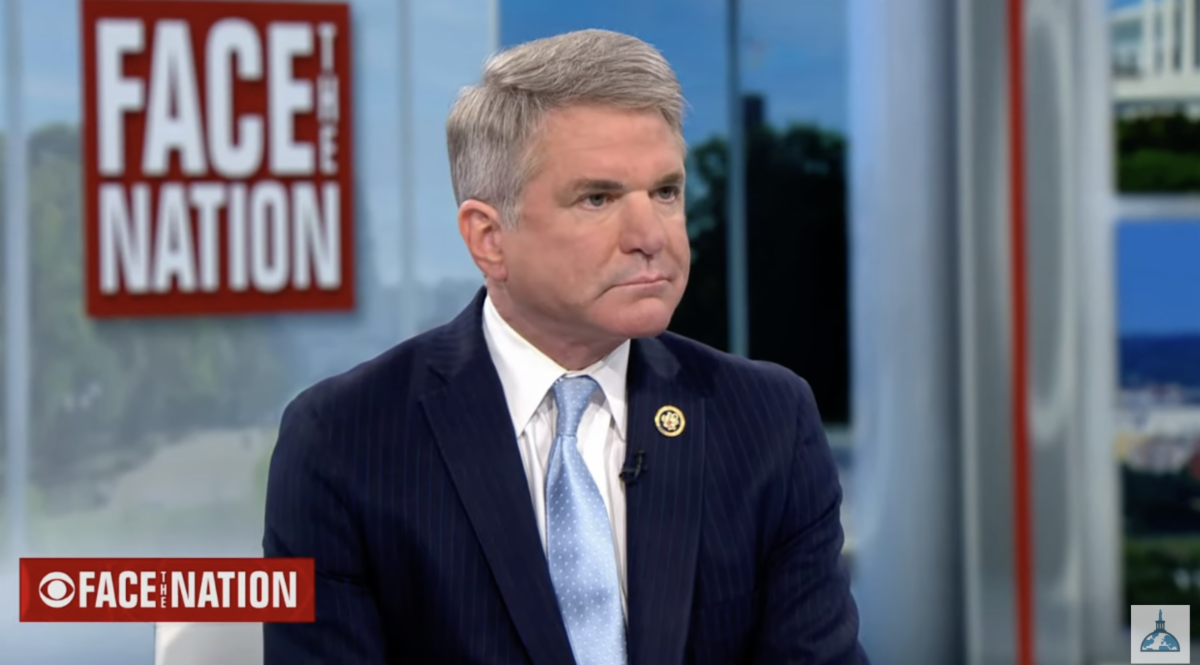Sen. Cruz Cosponsors Bill to Block Biden Administration From Expanding the Scope of the Endangered Species Act
 U.S. Sen. Ted Cruz (R-Texas) issued the following statement after cosponsoring a bill to retain the existing regulations under the Endangered Species Act (ESA), regulations first put in place by the Trump administration, and to halt the finalization of three new rule proposals from the Departments of the Interior and Commerce. The bill will ensure that the federal government remains capable of effective wildfire management while providing legal clarity to landowners and business owners.
U.S. Sen. Ted Cruz (R-Texas) issued the following statement after cosponsoring a bill to retain the existing regulations under the Endangered Species Act (ESA), regulations first put in place by the Trump administration, and to halt the finalization of three new rule proposals from the Departments of the Interior and Commerce. The bill will ensure that the federal government remains capable of effective wildfire management while providing legal clarity to landowners and business owners.
“Trump-era reforms to the Endangered Species Act ensured that we could effectively fight wildfires without unnecessarily interfering with the private property rights of the American people and businesses. This bill keeps those reforms in place, benefiting Texans and Americans across the west, and I’m proud to support this commonsense legislation,” said Sen. Cruz.
Senate Western Caucus Chair Cynthia Lummis (R-Wyo.) and Congressional Western Caucus Chair Dan Newhouse (R-Wash.) introduced the legislation. The legislation in the Senate is cosponsored by Sen. Cruz and Senators John Barrasso (R-Wyo.), Dan Sullivan (R-Alaska), Roger Marshall (R-Kan.), Mike Crapo (R-Idaho), Jim Risch (R-Idaho), Roger Wicker (R-Miss.), Pete Ricketts (R-Neb.), Deb Fischer (R-Neb.), Kevin Cramer (R-N.D.), Steve Daines (R-Mont.), Jerry Moran (R-Kan.), John Hoeven (R-N.D.), Mike Rounds (R-S.D.), James Lankford (R-Okla.), and Mike Lee (R-Utah). The house bill is cosponsored by U.S. Reps. Harriet Hageman (R-Wyo.), Jerry Carl (R-Ala.) and Lauren Boebert (R-Colo.).
Click here to read the bill text.
BACKGROUND:
In 2019, The Trump administration finalized key changes to the Endangered Species Act that added more flexibility for affected stakeholders while also ensuring species’ recovery plans take a tailored and targeted approach. Last month, the Biden administration moved to repeal and replace these changes:
Blanket Rule Elimination
- The 2019 revisions eliminated the “blanket rule” under Section 4(d) that automatically provides endangered level protections to species listed only as threatened.
- Now, Fish and Wildlife Services (FWS) and National Oceanic and Atmospheric Administration (NOAA) are required to manage threatened species with specifically tailored plans.
- The Biden proposal would reinstate the blanket rule, essentially treating all threatened species as endangered once again.
Critical Habitat Changes
- The 2019 revisions allow FWS and NOAA to research and share the economic impacts of a listing determination under the ESA.
- It also provides flexibility in defining critical habitat, allowing the agencies leeway to only designate unoccupied areas as critical habitat if necessary.
- Under the Biden proposal, the agencies are no longer able to share or disseminate information on the economic impact of a listing.
- More alarmingly, the proposal mandates the agencies must again designate unoccupied areas as critical habitat.
Section 7 Changes
- Among the numerous changes to Section 7 in the 2019 revisions, the rule established standards to ensure effects analysis for proposed actions is limited to only “activities that are reasonably certain to occur.”
- This takes away the leeway for agencies to assume worst case scenarios for a species without “clear and substantial information” and is intended to provide a more realistic and flexible approach to benefitting a listed species.
- The Biden rule would eliminate this clarification.








